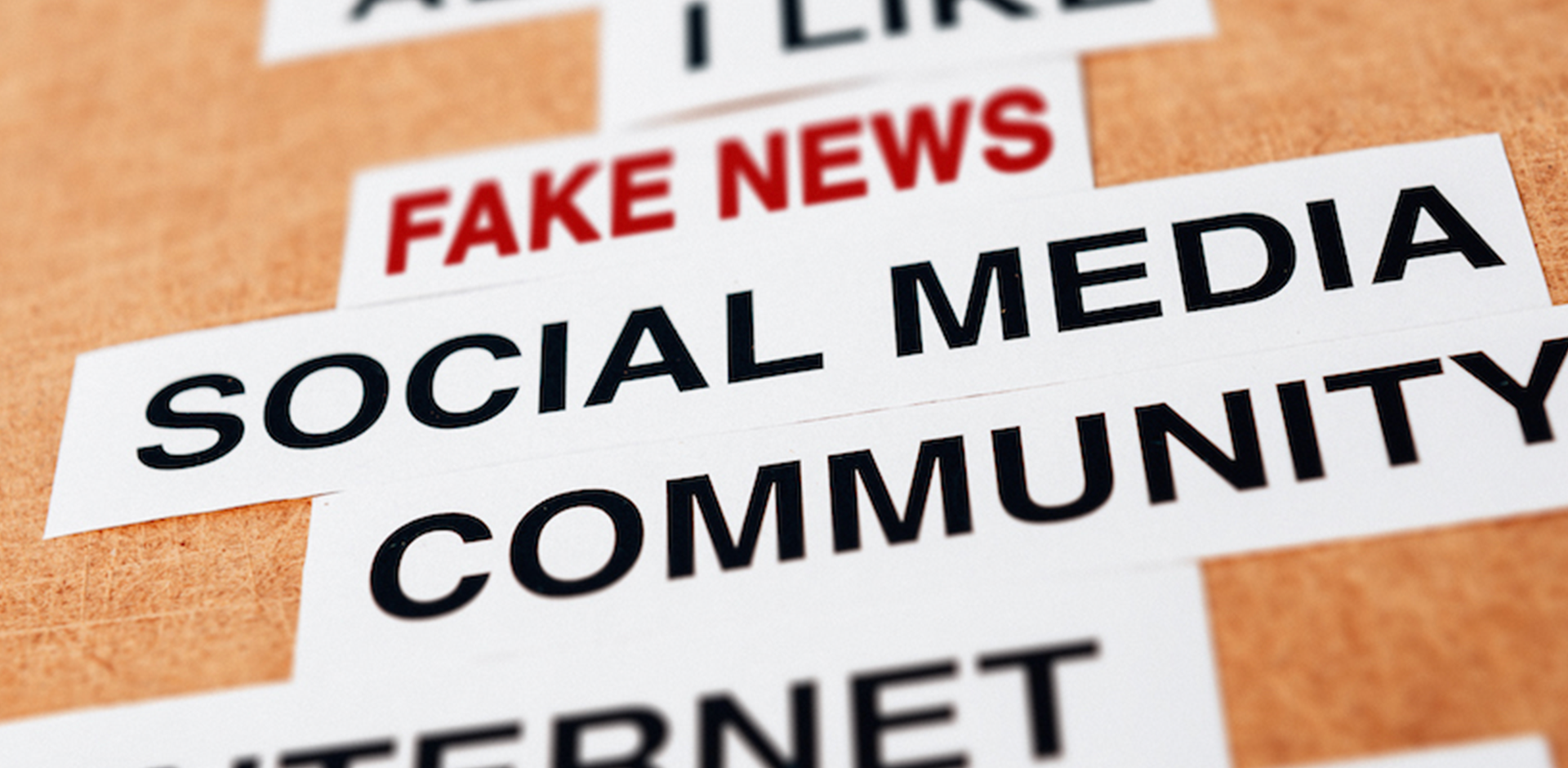Misinformation is false or inaccurate information that is spread deliberately or unintentionally. It can be spread through a variety of channels, including social media, email, and word-of-mouth. Misinformation can have a significant impact on our daily and social lives.

In our daily lives, misinformation can lead to:
- Making poor decisions: If we believe false information, we may make decisions that are not in our best interests. For example, we may make financial decisions based on false information about a stock or investment.
- Being scammed: Misinformation can also be used to scam people. For example, we may be tricked into giving up personal information or money if we believe false information about a contest or sweepstakes.
- Feeling anxious or stressed: Misinformation can also lead to anxiety and stress. If we are constantly bombarded with false information, it can be difficult to know what to believe. This can lead to feelings of uncertainty and fear.

In our social lives, misinformation can lead to:
- Distrust: Misinformation can erode trust between people. If we believe that someone is spreading false information, we may be less likely to trust them in the future. This can make it difficult to build and maintain relationships.
- Conflict: Misinformation can also lead to conflict. If people believe different things about the same event, it can lead to arguments and disagreements. This can damage relationships and make it difficult to have productive conversations.
- Isolation: Misinformation can also lead to isolation. If we believe that everyone else is wrong, we may withdraw from social interactions. This can make it difficult to connect with others and to feel like we belong.
There are a number of things that we can do to combat the spread of misinformation:

- Be critical of the information we consume: Not everything we see online is true. We need to be critical of the information we consume and to fact-check before we share anything.
- Talk to our friends and family about misinformation: We can help to combat misinformation by talking to our friends and family about it. If we see someone sharing false information, we can gently correct them.
- Support organizations that are working to combat misinformation: There are a number of organizations that are working to combat misinformation. We can support these organizations by donating money or volunteering our time.
- Educate ourselves about misinformation: The more we know about misinformation, the better equipped we will be to spot it and to stop it from spreading. There are a number of resources available online and in libraries that can help us to learn more about misinformation.
Misinformation is a serious problem that can have a real impact on our lives. By being aware of the issue and by taking steps to combat it, we can help to protect ourselves and our communities.








